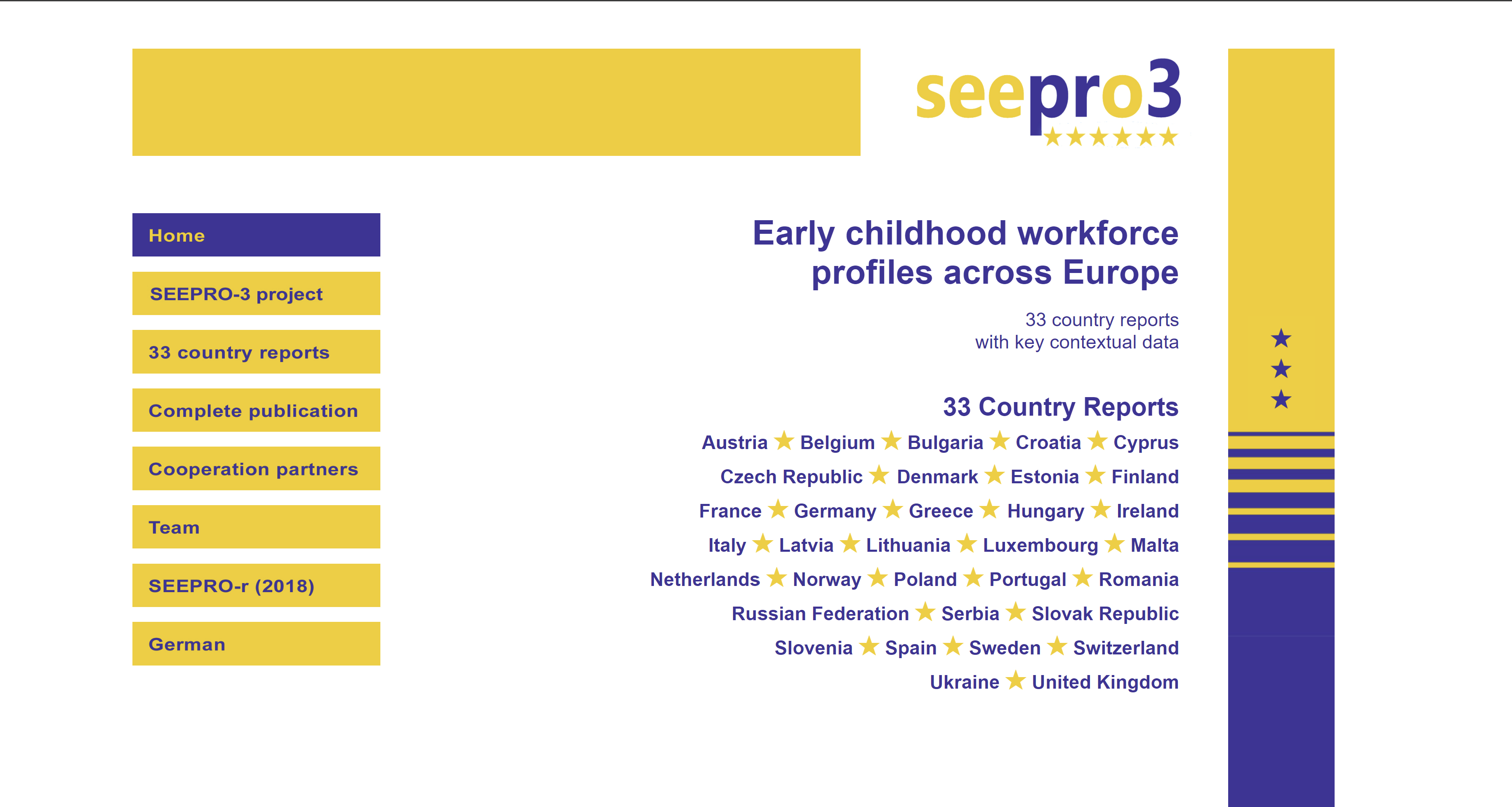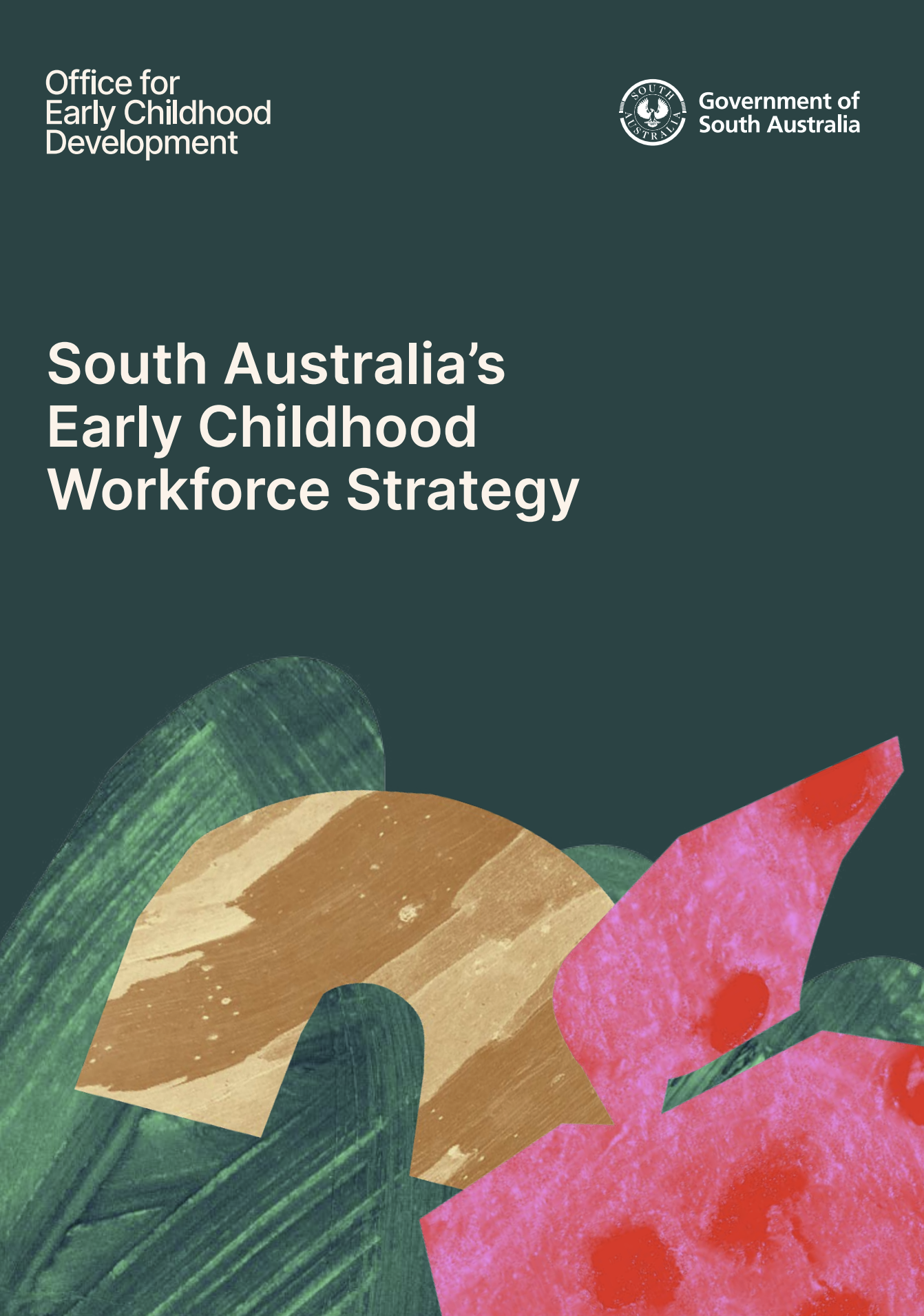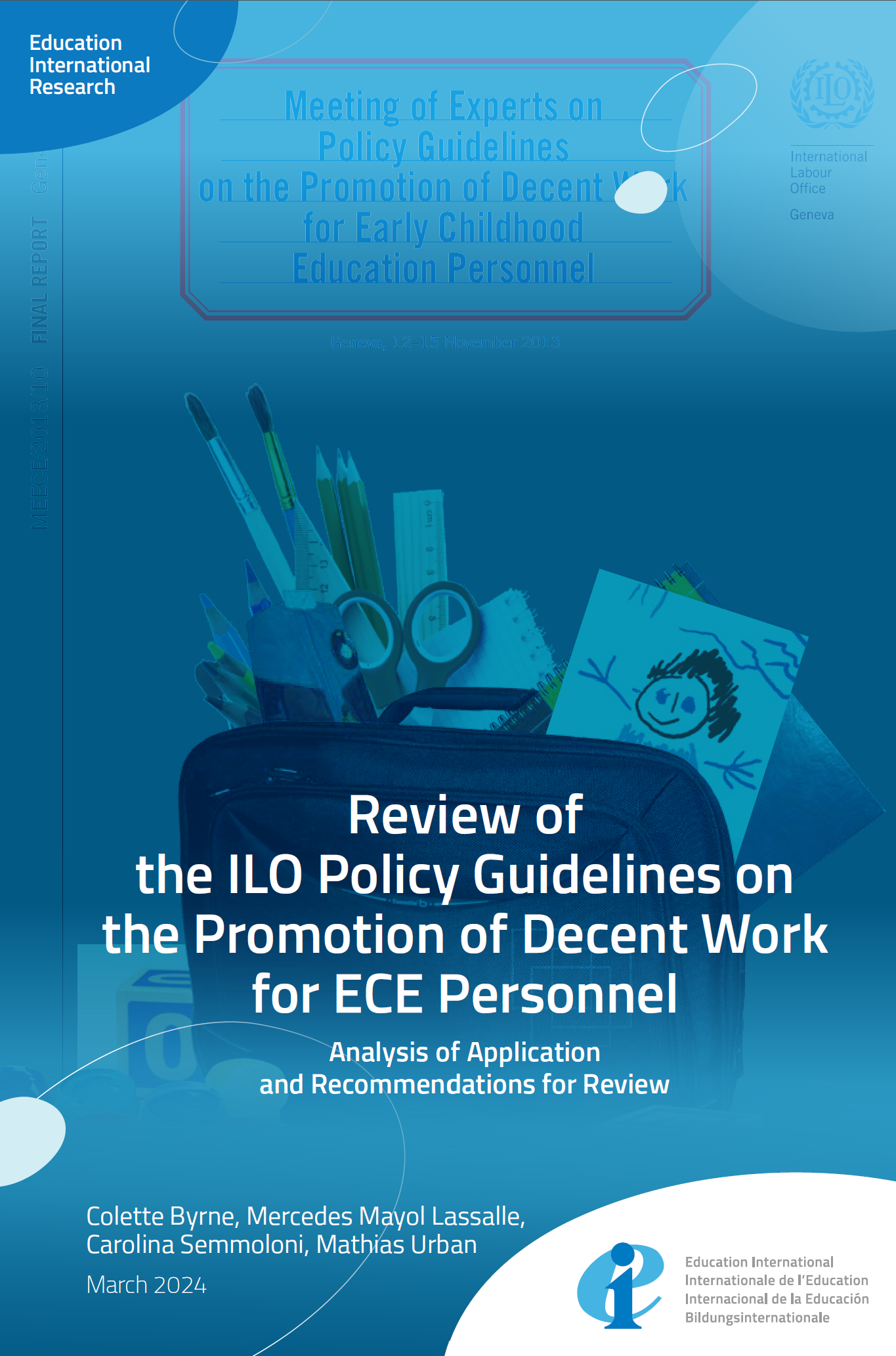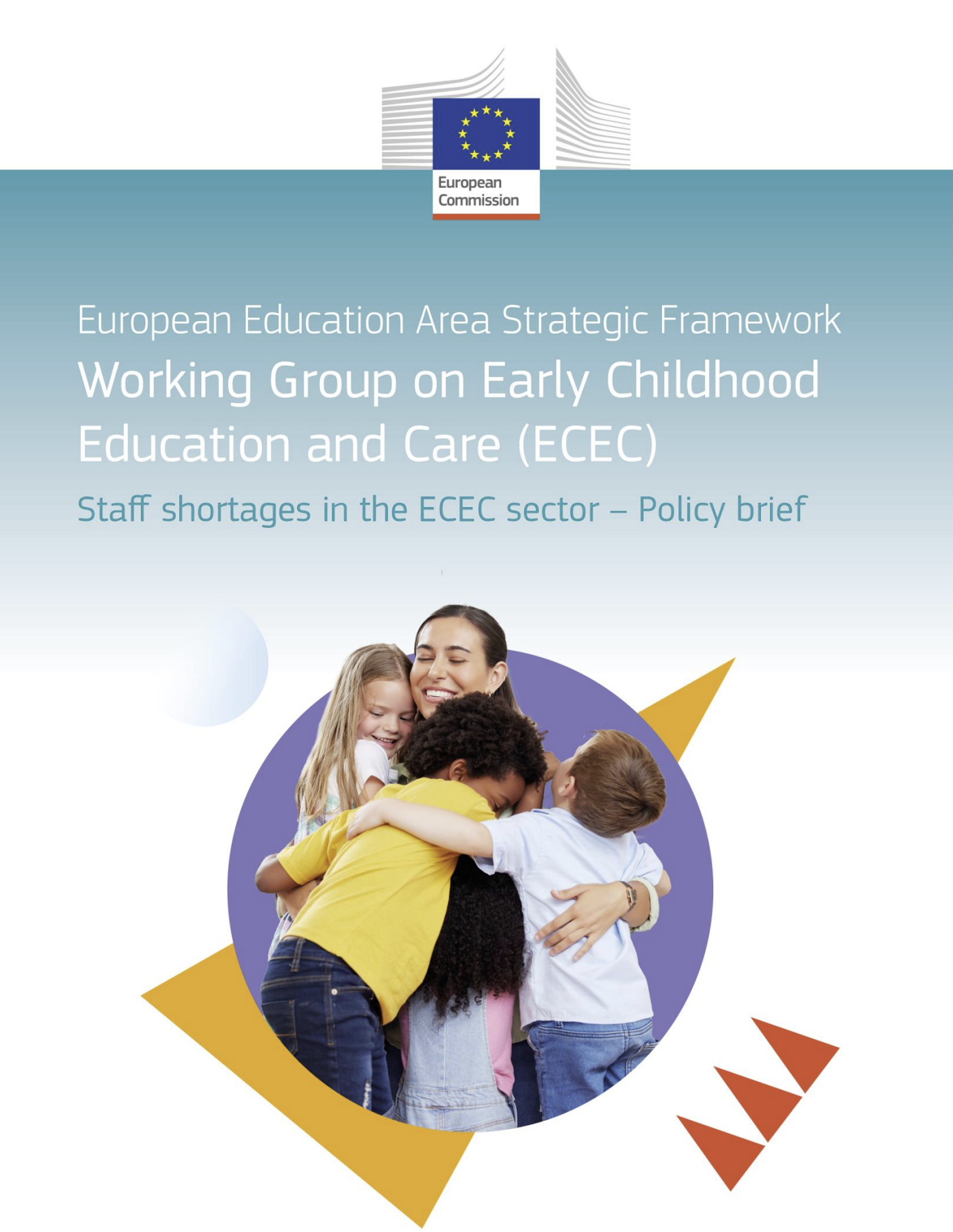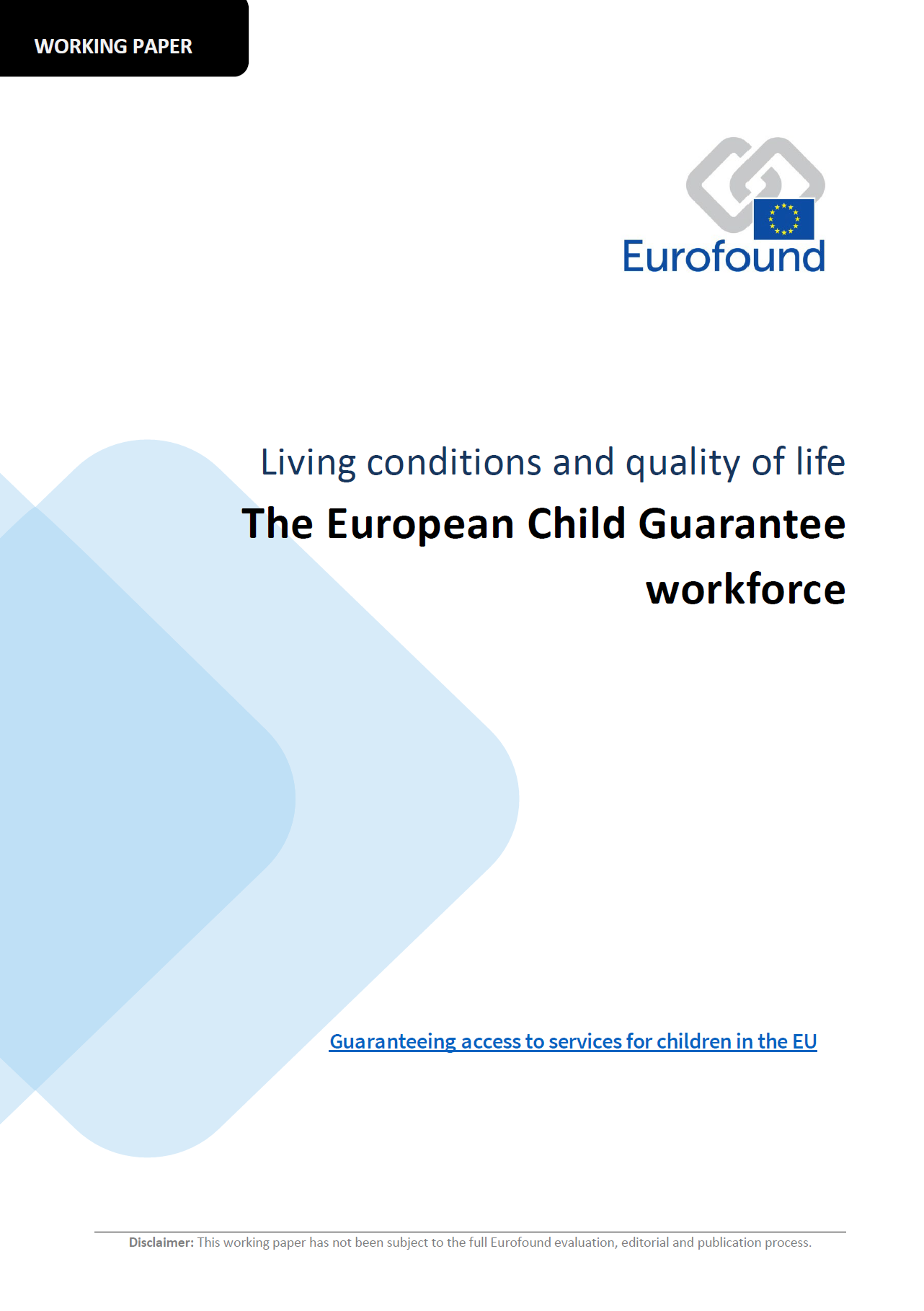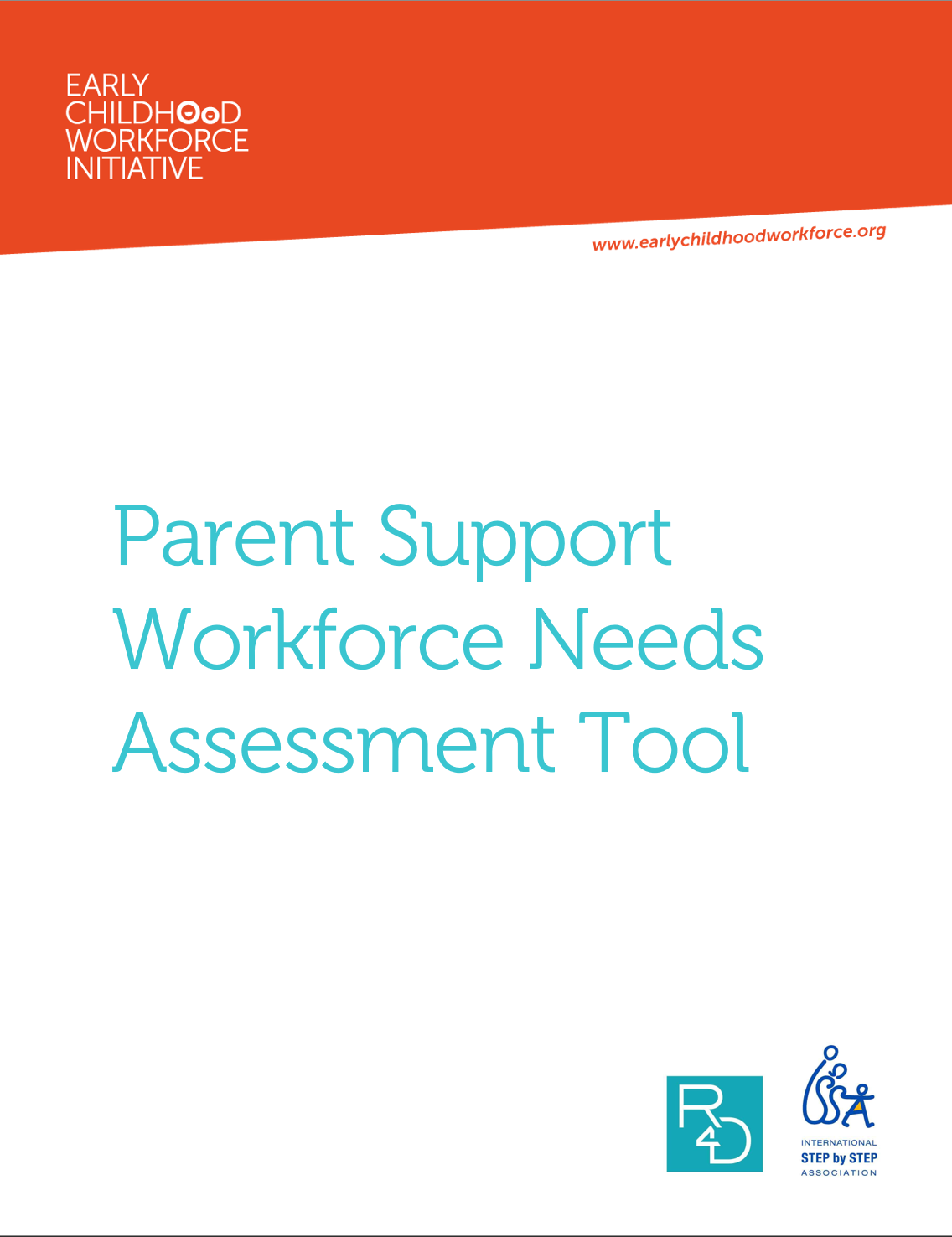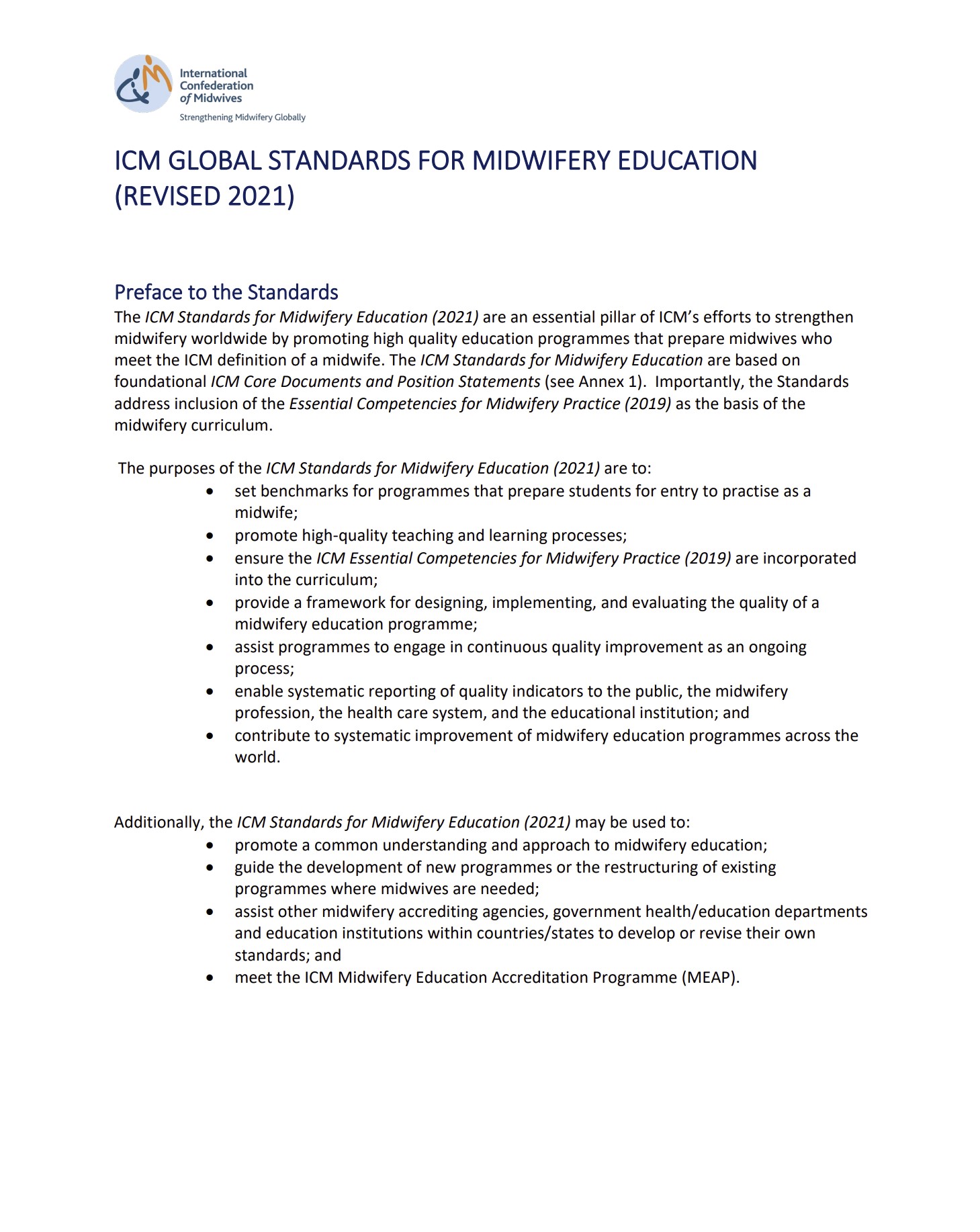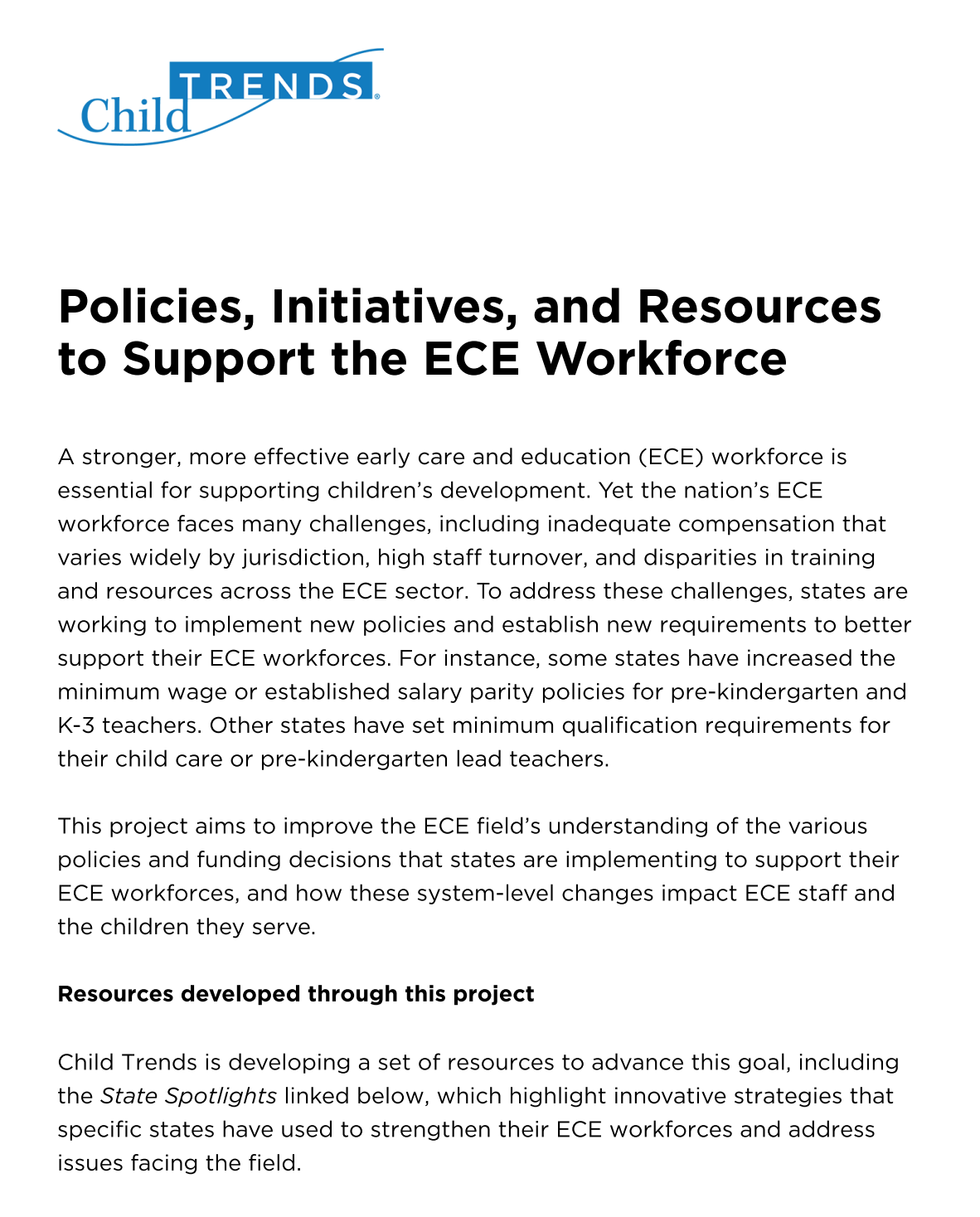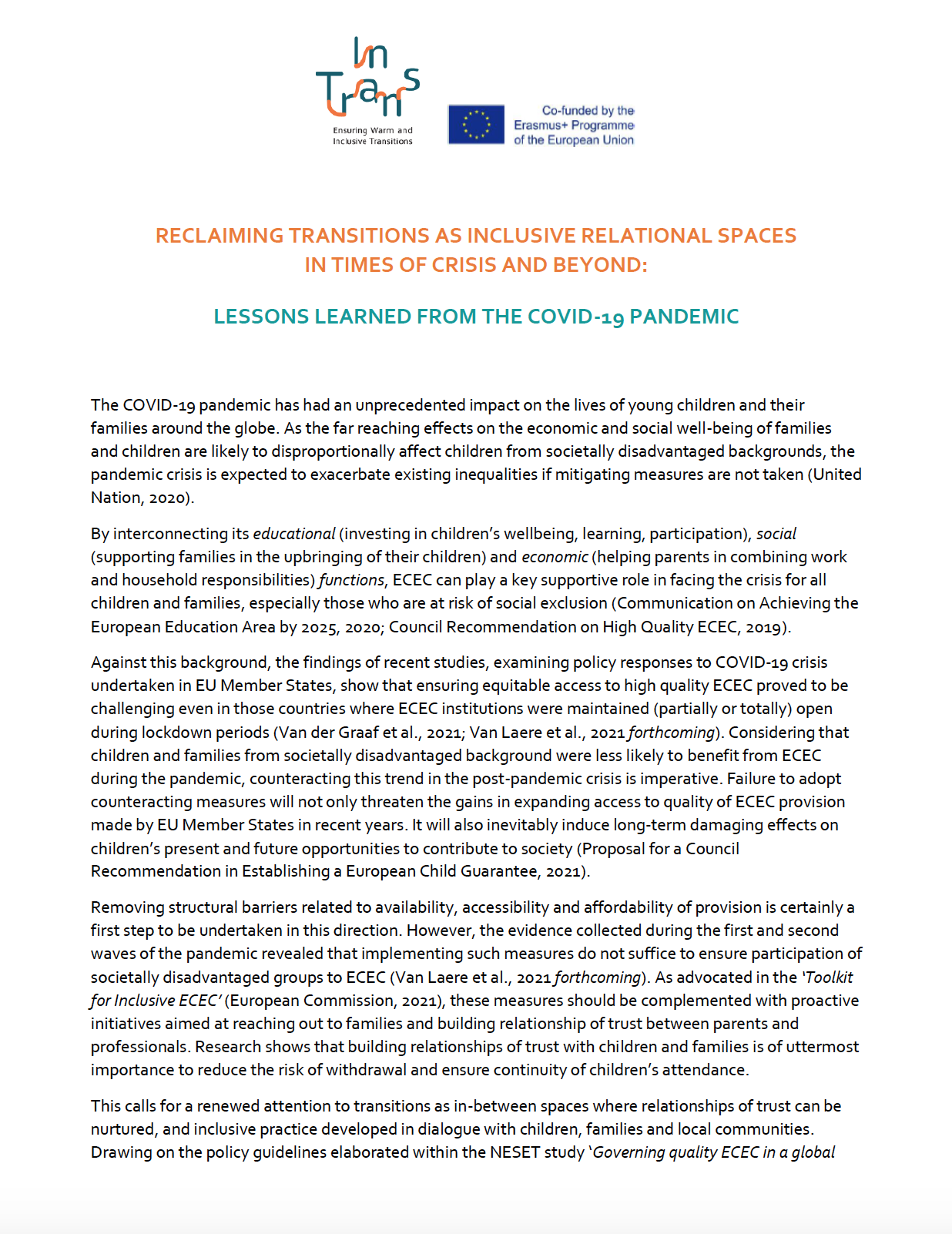Quality Principles for Continuous Professional Development Educators
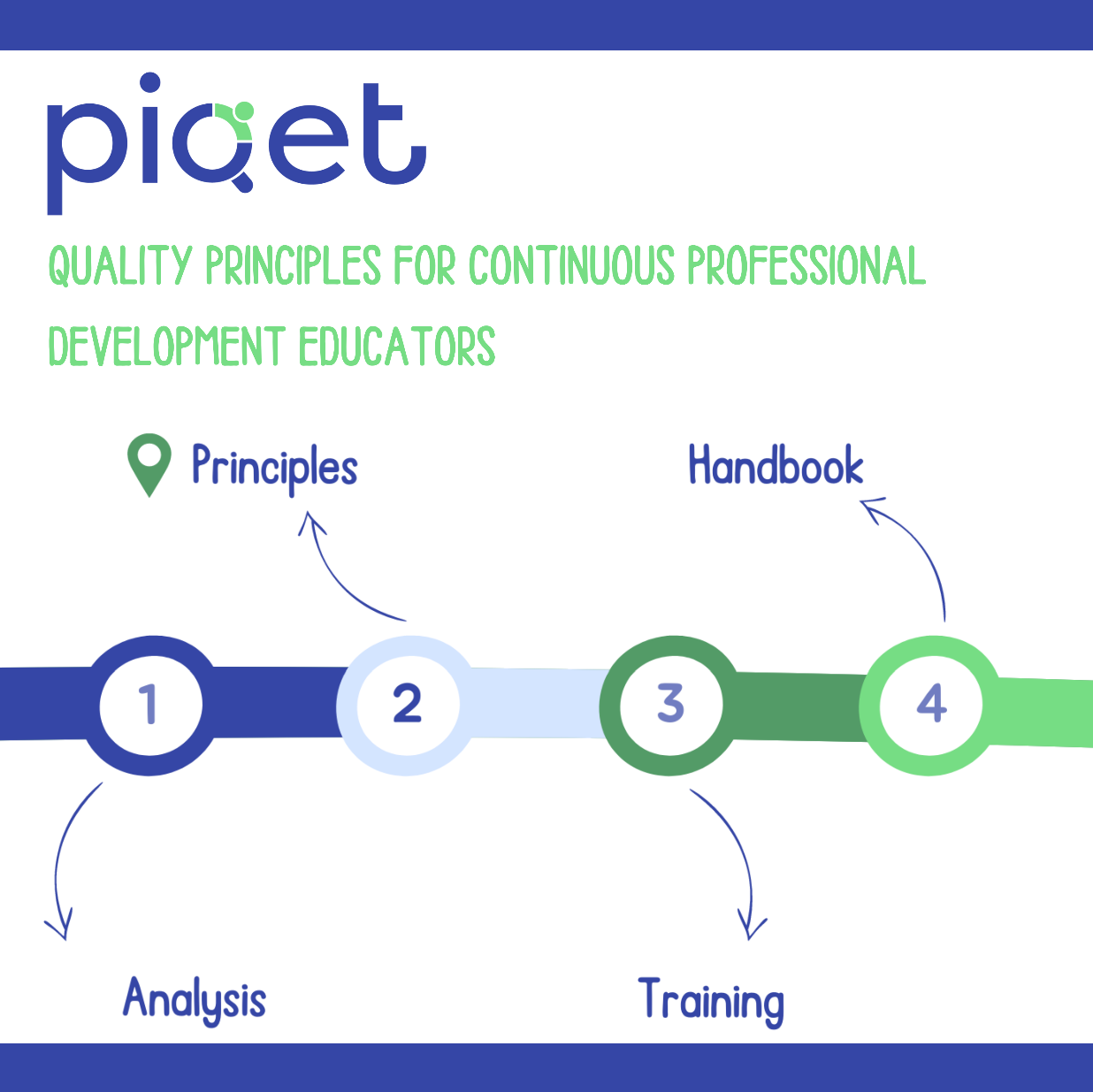
The PIQET Principles represent a groundbreaking initiative under the Erasmus+ project, designed to elevate the standard of Continuous Professional Development (CPD) for educators across diverse educational landscapes. Authored by a consortium including the Educational Research Institute in Slovenia, Open Academy Step by Step in Croatia, and the International Step by Step Association, this resource articulates a set of nine comprehensive principles aimed at refining the recruitment, training, and ongoing support of CPD educators. These principles are meticulously crafted to address the core needs of educator development, emphasizing subject expertise, diversity and inclusion, participant-centered planning, and continuous self-improvement among others.
Rooted in the values of social justice, equity, and inclusion, the PIQET Principles serve as both a policy framework and a hands-on tool, offering quality statements, indicators, and reflective questions to guide CPD educators in enhancing their practice. This document not only aims to foster a shared understanding of CPD quality across educational institutions but also encourages active contribution and professional engagement within the CPD community, setting a new benchmark for educator professional development globally.
Access the resource here.
Authors: Year of Publication:2023
Access here

